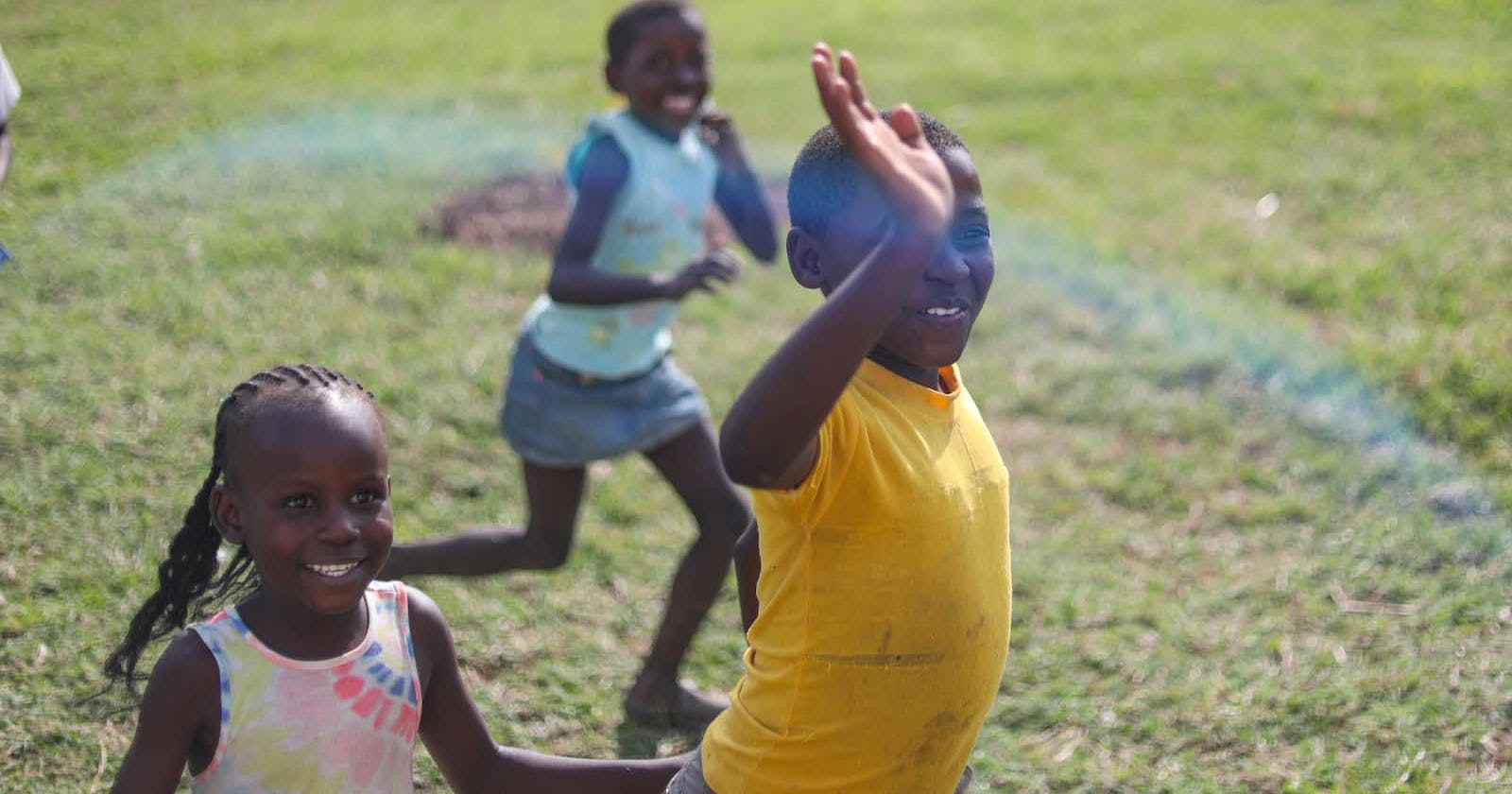Habits that Make Habits
Motivational speakers usually say something "Habits will make or break your ability to transform your life". Surely, few will doubt the role habits play in our life from our work, to family, to relationships, and even maintenance habits like sleep.
Before I move on, I have to admit that this is not another summary of Atomic Habits, a book that you need to read(Not the summary). Most likely, our habits revolve around three things, people, work, and health.
Some personal development experts reiterate the building of habits to pursue specific goals in these areas, become someone who checks up on family, become someone to do a little extra at work, and so on.
While I agree with these notions, I just want to add that there are habits that can make forming habits around people, work, and health more fulfilling.
Identity Change
Training one's self to think, learn, stretch, and be calm are some habits I call supporting habits, they bring an identity change from being reactive to being conscious of one's improvement.
For example, having a calmer mind can make you approach people, work, and health with less anxiety. Being a good thinker can help you make better judgments.
In as much as these habits can become things we put in our schedule, they are not just actions, they now become an identity. Any habit can become an identity if we choose, but these four are critical to navigating the uncertainty of life in my opinion.
To think, to learn, to exercise and to be calm can translate into being a thinker, being a learner, being an energized person, and being a less anxious person.
To transform your identity into being a learner, thinker, fitter person, and calmer person, you can choose the specific kind of habit formation you want.
To learn, you could listen to daily conversations when riding the subway, but you have to be intentional about learning.
In subsequent paragraphs, I will tell you about the various forms I implement, and how they become supporting habits.
Brainstorm (Thinking)
For the past two years, I've developed the act of brainstorming. Every day, I think of a topic, a concept, or an idea, and write every idea I get about it. This forces me to use different methods like inverse thinking and shiritori.
I've noticed that the more I brainstorm, the more I become curious and imaginative, and I quickly get ideas when faced with new problems. If you develop thinking as a habit, you'll be able to navigate problems better in your family, work, and health.
Reading (Learning)
Books, books, books !!! I'm literally shouting "Books!" while writing this sentence. Books will change your life, not because they do something magical to you, but because they help you get the experience and knowledge of the author in a few days, an experience that must have cost a lifetime to get.
With reading, I can learn about new habits and learn about ways to develop processes and systems for my work. I've also learned to see life from other people's points of view and this has helped me with people.
Running (Stretch)
Naval popularly said, " A Calm mind, a house full of love, and a fit body cannot be bought".
To form and maintain habits, you need energy and resilience, what is a better way to be full of energy than to exercise? Exercising can come in different forms, I aim to stretch at least every day, run thrice a week, and do yoga on weekends because of my tight schedule.
It doesn't have to be anything fancy, but make sure that you are building that energy reserve.
Don't wait to feel motivated. When you start a couple of pushups, you slowly go from doing pushups to someone who does pushups. That is the trick, to know that actions bring identity, not reverse.
Meditation (Calm)
If life was a book, its main theme would be chaos. Life is strangely chaotic, we come into it not knowing what to do, mostly finding ourselves till the very day we breathe our last.
While trying to find ourselves we feel the brunt of life's chaos, the happy and depressing parts either happening simultaneously or sequentially.
To cope with this chaos, humans have developed habits and cultures to structure this chaos, mechanisms that must evolve. Parties, politics, economics, war, orgies, and school are attempts to bring a more structured approach to life.
However, despite these societal mechanisms, the individual mostly goes through life not being able to cope with the chaos, every waking second. I've found that even though these mechanisms work to advance society, it does not guarantee our structure, to do this, we must find calm in ourselves.
We will still feel the chaos, but we can harness it, live with it, and go through life peacefully without brain-damaging anxiety.
Eastern meditation principles like "Life is what you make of it" and "The possibility of existing in heaven and earth at the same time" has changed my approach to life to a more amazing, joyous, and calm kind.
You don't have to accept Buddhism and Taoism like me, but find something that takes your mind off your worries, and calms your soul. It could be a simple breathing technique, prayer, walking your dog, or appreciating nature. With this kind of calm, you will find it easier to build habits, reflect on your mistakes with work and people and unavoidably become a better being.


